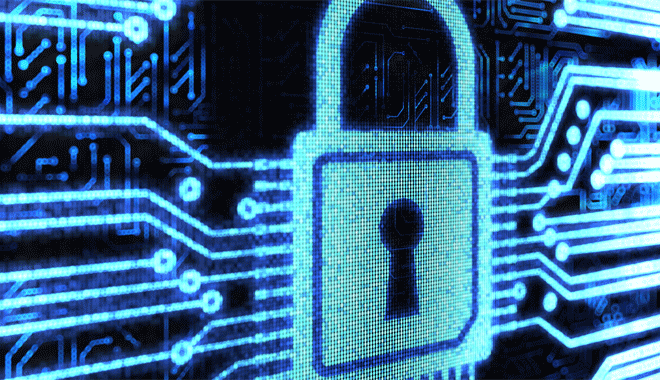The energy network lobby in Australia appears to have launched a new scare campaign against rooftop solar and consumer battery storage, suggesting that the proliferation of the technologies could endanger cyber security for Australian networks.
John Bradley, the head of Energy Networks Australia, told the Australian Financial Review that the potential for breaches in network security were increasing as more households installed solar and storage.

The AFR said Bradley told it that as more households install rooftop solar systems and batteries, the number of connection points to the grid is increasing, potentially opening up more chances for breaches.
“We can see in the future … with more people connecting more different kinds of devices to the grid and potentially a larger number of smaller generators and storage device … that there is a wider range of potential interface points with the network so cyber security has got to be a critical corporate capability for every network,” Bradley said.
Bradley’s comments horrified the solar industry, which accused the network lobby of launching yet another scare campaign against solar and storage.
They pointed out that cyber security is an issue for networks, but it is as much an issue with large centralised generators, and individual network operators, particularly as the energy industry moves – belatedly – towards the “internet of things.”
Indeed, there are particular fears about nuclear power facilities, as revealed in this Chatham House report last year, and a cyber attack this year at a German nuclear plant – caused not by household solar, but by retrofitted software at the nuclear plant and imported USB sticks. A similar incident occurred in Iran.
RenewEconomy contacted more than half of the network operators in Australia, and none said there was an issue with household solar and battery storage. “The short answer is ‘no’ and the long answer is ‘no’,” said one.
Another said the issue was not and would not be with individual households, but potentially with “system aggregators” which combined multiple devices and engaged with the grid. He said the issue was on the cyber security of those companies, just as it was with any existing participant in the network.
Steve Blume, the chair of the Australian Solar Council and the Energy Storage Council, said he had worked in the IT industry for 25 years, and described the ENA comments as typical fear-mongering from special interests. He said Bradley was wrong to try to link the possible security threats solely to the use of solar and storage.
“The energy system transformation, driven initially by the need to decarbonise, but now by the lower costs of renewables and the use of ITC to provide better energy services and operations, are what have caused increased communications that might affect grid security,” Blume said.
“The energy industry is only now joining (the ICT) world at scale – outside their own grid management needs – and are now kicking and screaming as they are being forced to include their customers who can now be their competitors.
“They can continue to attack the choices of those consumers or competitors, as these comments seem to do, or they can work out how they partner with (them)… to retain them as customers – they can see threats or take the opportunities.
“That will include making sure that communications and smart systems have the appropriate security based on the real risks.
“A single smart device in a home can not have much of an impact on a well designed smart grid which manages its own security, but as with all ICT security levels need to be managed based on the real risks – and that means tiered responses with actions (and costs) increasing as threats increase.
“The messaging needs to be about real threats, real risks and balanced responses – not to create a false enemy of smart distributed energy technologies.”
RenewEconomy asked the ENA if it could provide any examples of the sort of threats it had talked about in its comments to Fairfax Media. We did not get a reply before publication.
(Note: This story has been updated to clarify what was a direct quote and an indirect quote in the AFR).










